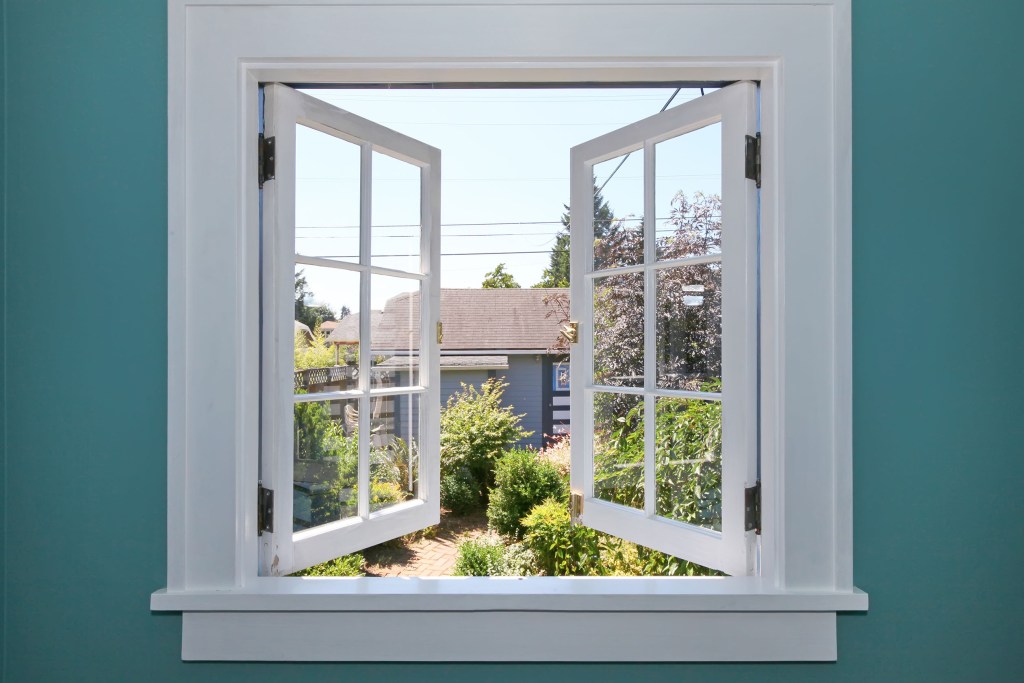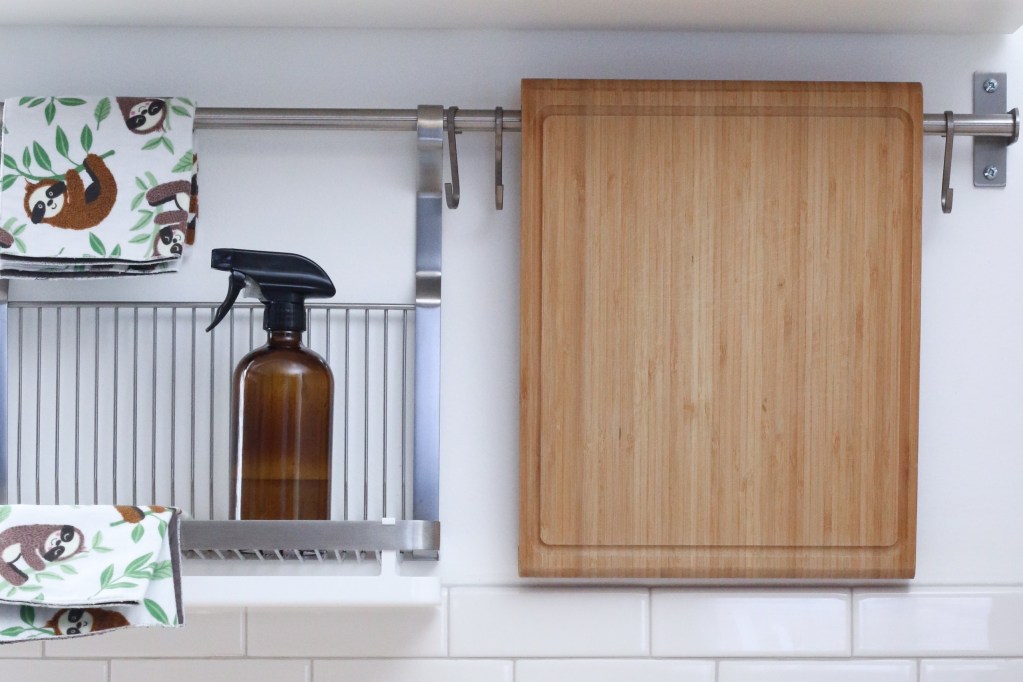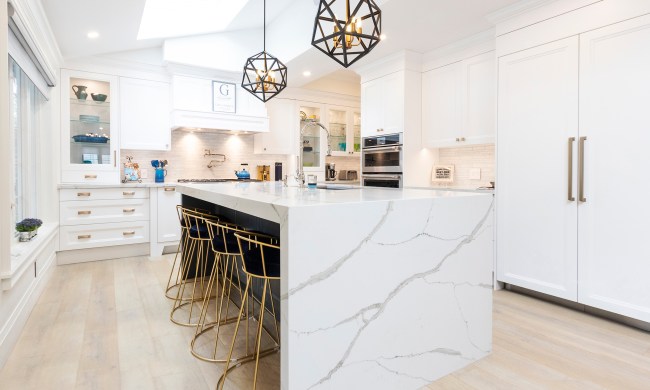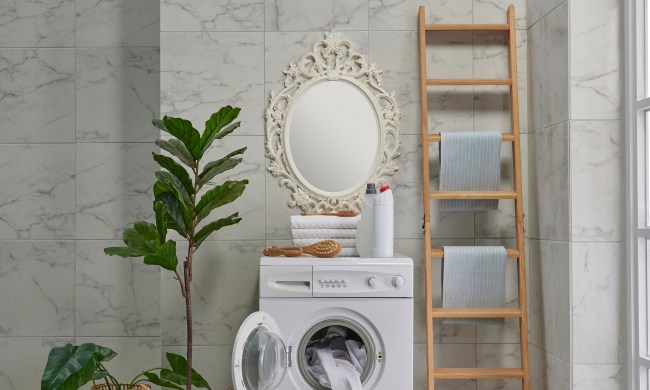Cleaning is an essential part of maintaining a healthy and hygienic living environment. However, it’s crucial to be aware of the potential dangers that can arise from mixing certain household cleaning agents. One such combination that should never be mixed is bleach and vinegar.
Let’s explore the reasons why combining these two common household cleaners can be hazardous and discuss the precautions you should take to ensure your safety.

What happens if you mix bleach and vinegar?
Bleach and vinegar are both powerful cleaning agents, but when mixed together, they create a potentially deadly chemical reaction. When bleach (which contains sodium hypochlorite) is combined with vinegar (which contains acetic acid), it produces chlorine gas. Chlorine gas is highly toxic and can cause a range of health problems when inhaled, and in severe cases, the combination can be deadly.
Health risks of inhaling chlorine gas
Inhaling chlorine gas can lead to a condition known as chlorine poisoning. Symptoms of chlorine poisoning can vary depending on the level of exposure but may include irritation of the eyes, nose, and throat, difficulty breathing, nausea, vomiting, and dizziness. Prolonged exposure to chlorine gas can cause severe respiratory problems and damage to the lungs.

What to do if you accidentally make chlorine gas
If you accidentally mix bleach and vinegar and create chlorine gas, it’s essential to take immediate action to protect yourself and others. First, evacuate the area and move to a well-ventilated space outdoors. Avoid inhaling the fumes as much as possible. If you experience difficulty breathing or any other symptoms of chlorine poisoning, seek medical attention immediately. It’s also crucial to contact local emergency services for assistance and to inform them of the situation.
Once you’ve confirmed that everyone is safe, ensure the affected area is a well-ventilated space and can air out completely before reentering the space. For example, open windows and doors to allow the vapors to escape.

How long after cleaning with bleach can I use vinegar?
To avoid the risk of accidentally creating chlorine gas, it’s important to wait before using vinegar after cleaning with bleach — or vice versa. We recommend waiting at least 24 hours between using bleach and vinegar in the same area. This allows any residual bleach to dissipate completely, reducing the risk of a chemical reaction occurring when vinegar is applied.

Final thoughts
While bleach and vinegar are effective cleaners on their own, mixing them together can create a dangerous chemical reaction that poses serious health risks. By understanding the potential dangers and taking precautions to prevent accidental mixing, you can ensure a safe and healthy cleaning routine in your home. Remember to always read labels, use cleaning products as directed, and prioritize safety above all else.




